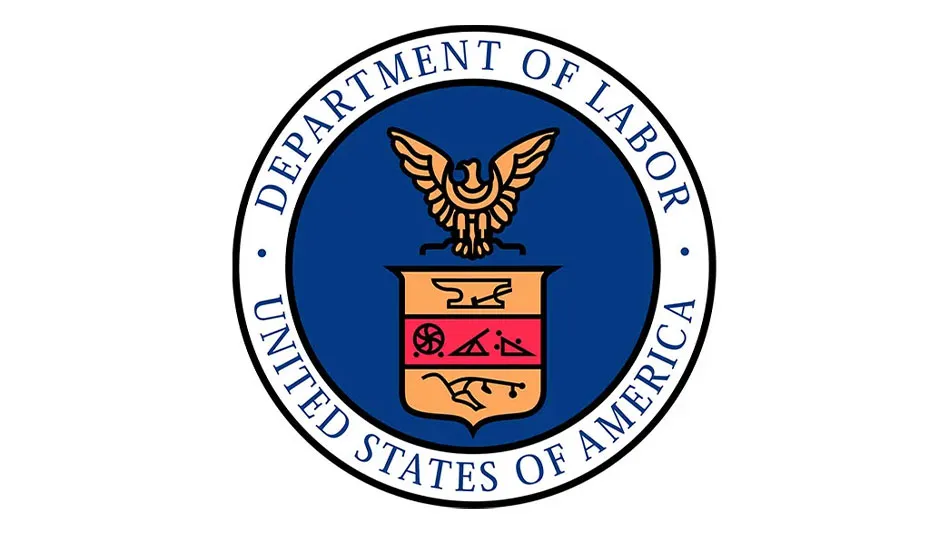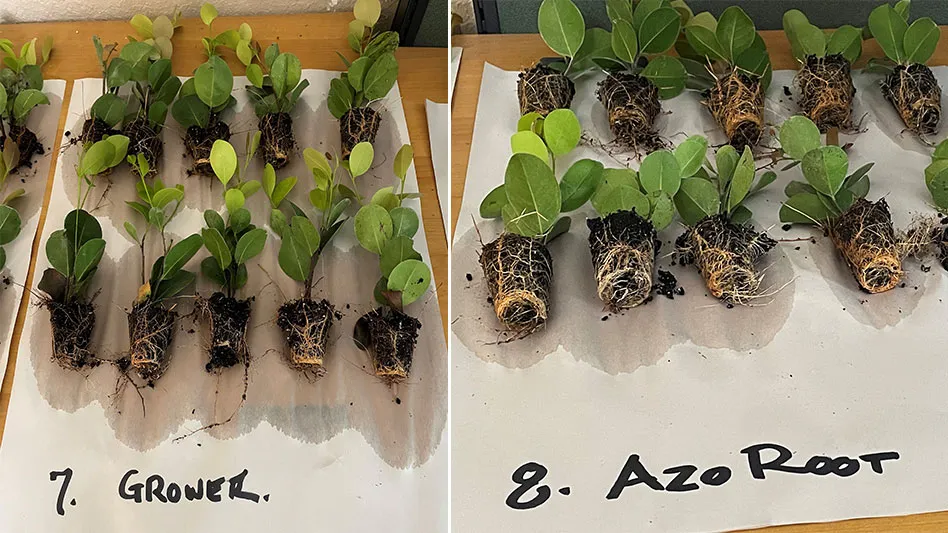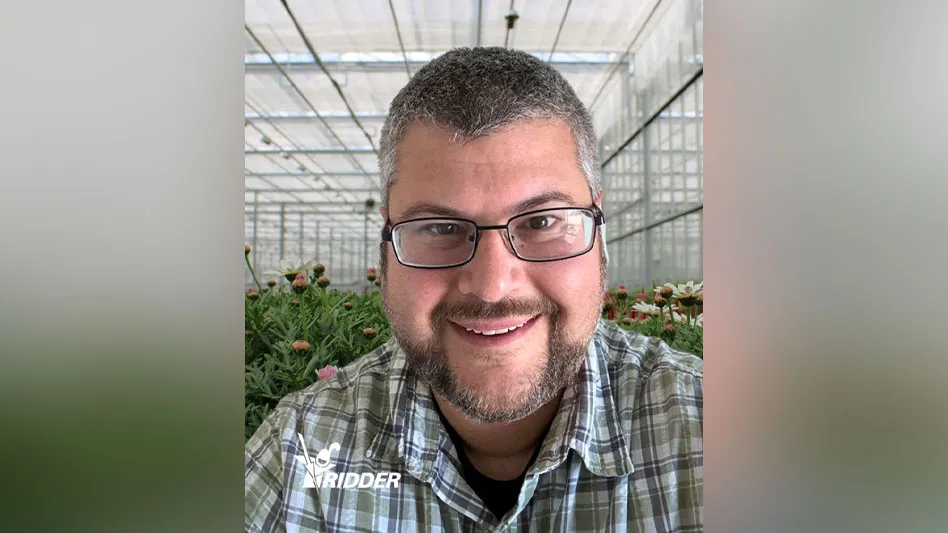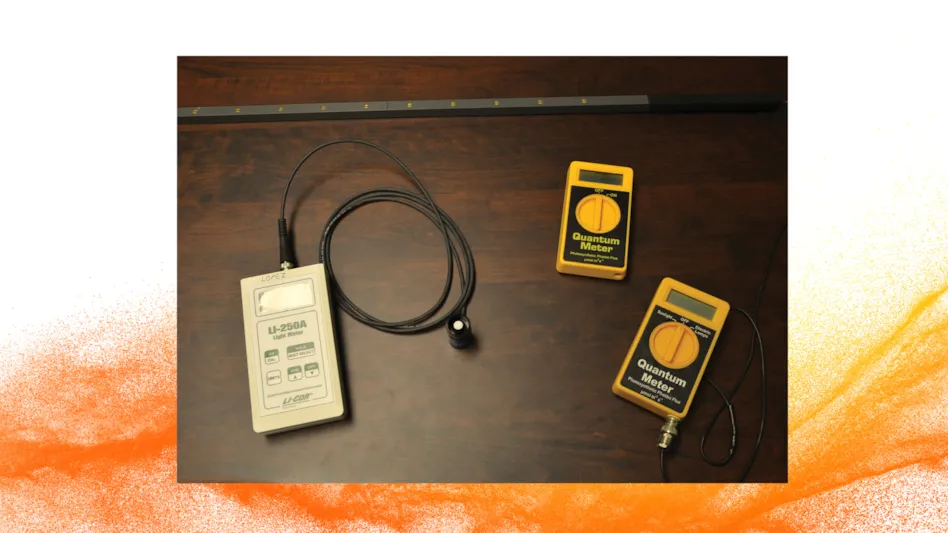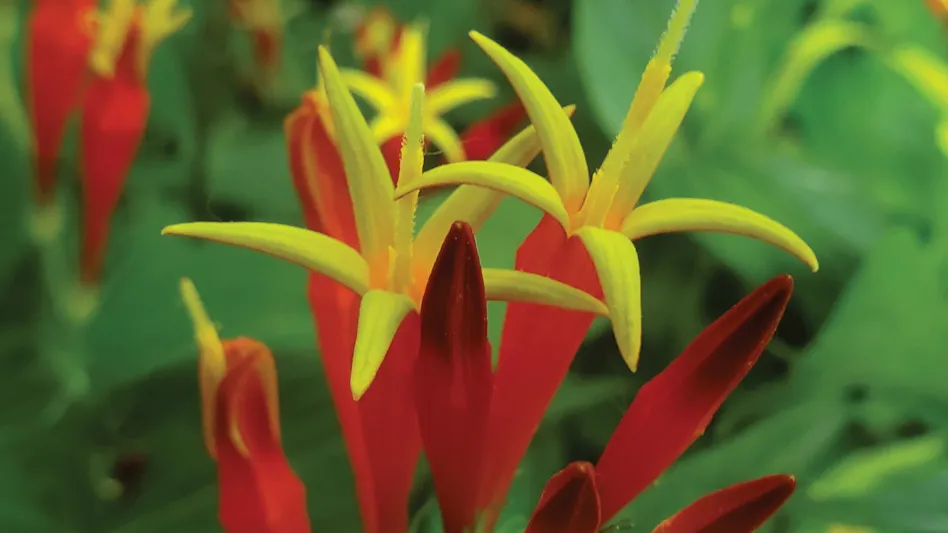
What kinds of substrates does Jiffy offer growers?
Jiffy has a very wide substrate portfolio, produced at three different locations and using dozens of different raw materials. At our Estonian factory — Treffex — we produce mostly peat-based mixes that tend to maximize plant growth and ensure maximum economy through the use of lightweight and compressible materials that offsets any high transport costs. The high-quality young and spongy peat we use allows us to produce very well aerated mixes without needing to add any perlite or wood fiber, but if necessary those and other raw materials like clay can be added. At our Canadian substrate factory, emphasis is on small bag sizes meant for retail. Our 1Plant factory, in the Netherlands, is a state-of-the-art location that is actually like three different factories combined in one, but all have in common the possibility to incorporate the widest assortment of raw materials that ensures the best result for the crops.
How do Jiffy substrates enhance plant growth?
Many different parameters combine into the complicated ideal plant growth formula: easily available water, reserve water, air-filled porosity, pH and cation exchange capacity, structural stability, etc. However, if we had to pick the most often prevalent factor maximizing growth, that is primarily secured by the so-called easily available water (EAW): in essence, the amount of water that the plant can uptake at whatever pace transpiration dictates, without ever having to close the stomata and therefore reduce or limit photosynthesis. Anything above 30% is already a good value, but the higher the better (everything else being equal, of course). To achieve these kind of values, we need to use primarily the best quality peat from the top layers of our bogs and combine it with other raw materials that secure other qualities.

How does Jiffy supply substrates to growers (packaging, shipping, etc.)?
Substrates can be delivered:
Bulk in truck; this is normally done in locations close to our 1Plant factory (northwest Europe). It is the cheapest option, but not all locations can be served this way.
In palletized small bags (50 and 70 liters per bag). This option, that is best for smaller, non-mechanized growers, is available for deliveries worldwide.
Palletized big bags (Tote Bags). This option has a relatively low packaging cost, but since the maximum volume that can be loaded is limited, the unit transport costs can become too high.
Finally, the most cost effective option for faraway locations is the Big Bale. These are large compressed bales — the footprint of a pallet — that maximize the transported volume at a reasonably low packaging cost. The caveat is that it requires special equipment for handling, like forklifts and bale-grinding machines.

What product certifications do Jiffy substrates have?
Jiffy can have multiple certifications, the main ones being:
Organic certifications, like CCOF in California, OMRI in U.S. & Canada, SKAL & Demeter in Europe, etc. These apply only to selected substrates.
ISO 9000, ISO 14000 (Environmental Management) and ISO 22000 (Food Safety). These certifications apply to all substrates in all locations.
Responsibly Produced Peat (RPP), a European certification, ensures peat bogs will be managed according to environmental rules after the peat extraction cycle is over.
Veriflora certification, a North American certification, indicates substrate operations meet rigorous environmental and sustainability standards, ensuring responsible production practices and improving the welfare of workers and nearby communities.
RHP Substrate Quality Certification, the original quality certification, guarantees the substrate is not only made according to the best quality guidelines but also that it is “fit for purpose.” Most of our substrates produced at our Estonian and Dutch locations comply with this certification.
From the grower crop quality point of view, the two most important certifications are the ISO 22000 and RHP.
What are the benefits of Jiffy Flexistart?
Flexistart mixes are loose substrates that can be handled just like any other substrate but after a series of procedures (at the grower) generates a mild binding that is enough to facilitate an early mechanized transplant. This is the ideal solution for anyone that is sowing in a small cell tray and needs to patch any gaps at a stage where the plant still did not develop a strong root system that helps hold the plug together. The grower has the option of filling whatever quantity and type of tray that is needed on a given day, without having to commit upfront with those quantities.
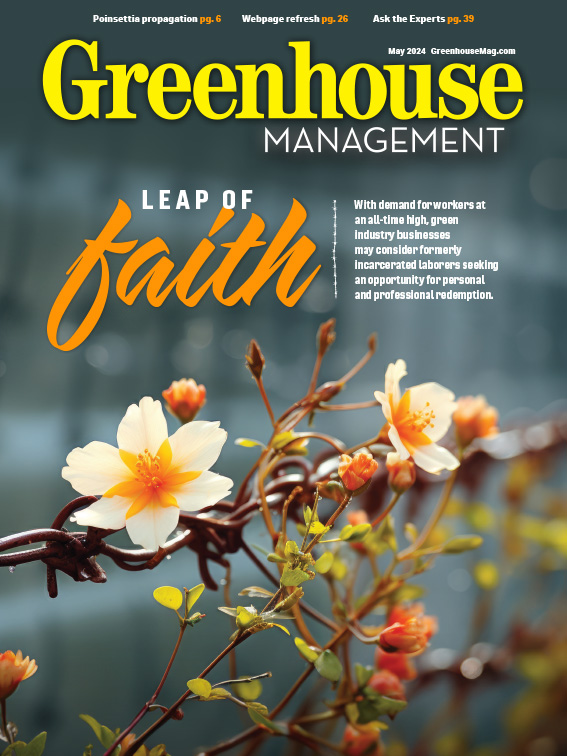
Explore the May 2024 Issue
Check out more from this issue and find you next story to read.
Latest from Greenhouse Management
- Landmark Plastic celebrates 40 years
- CropLife applauds introduction of Miscellaneous Tariff Bill
- Greenhouse 101 starts June 3
- Proven Winners introduces more than 100 new varieties for 2025
- UF/IFAS researchers work to make beer hops a Florida crop
- CIOPORA appoints Micaela Filippo as vice secretary-general
- Passion grows progress
- Registration opens for Darwin Perennials Day
